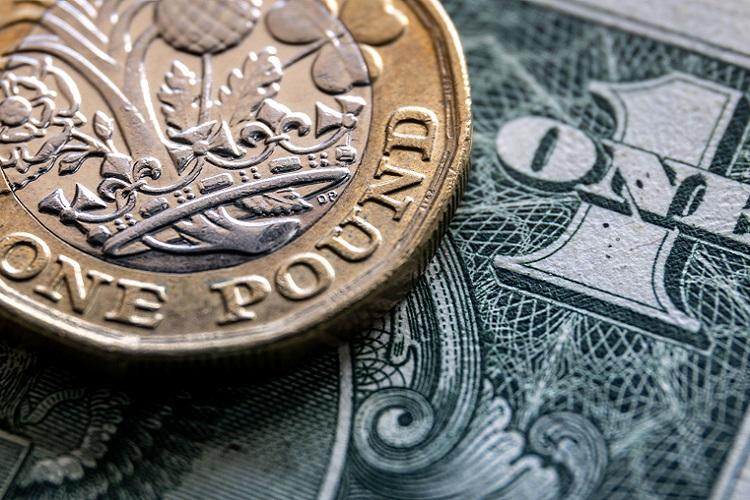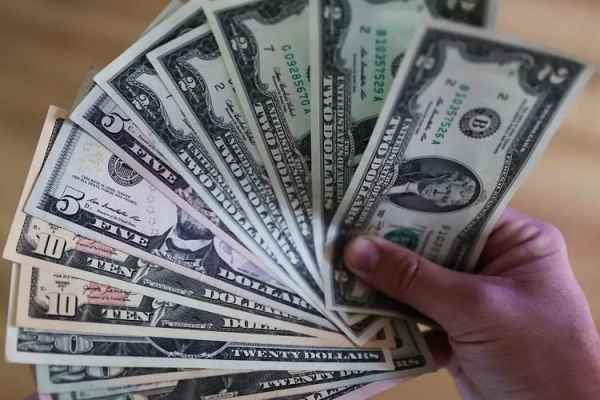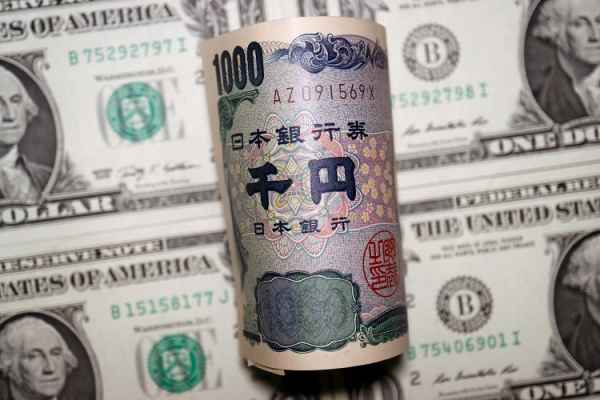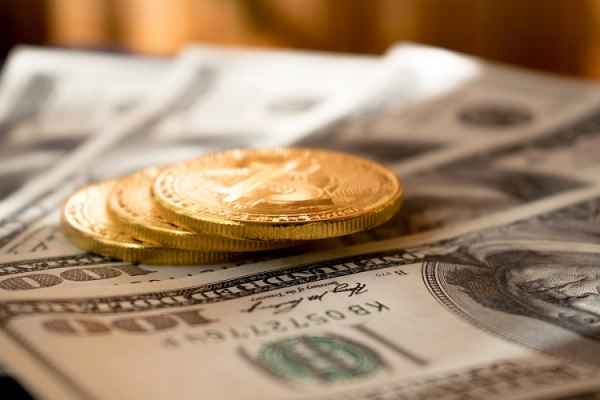Two senior officials of the Bank of England (BoE) are backing the prospect of interest rate cuts in the UK starting from June.

Yesterday's UK inflation data briefly lifted the Pound Sterling, but remarks from several Bank of England (BoE) officials drove GBP/USD down to its lowest level below the 1.2400 mark in Friday's trading (April 19). EUR/GBP also surged to its highest point in about a month.
The UK's consumer inflation report revealed that price increases still outpaced both market and BoE expectations. Consequently, the market believes that the BoE may need to maintain high-interest rates for a longer period to control inflation. Market estimates for the timing of a BoE rate cut have been pushed back from June to August or even September. However, Dave Ramsden, a member of the BoE Monetary Policy Committee, holds a more dovish stance.
Ramsden indicated that the trend of UK inflation is now on a downward trajectory. He predicts that the inflation rate will remain within the 2% target range for the next three years, rather than climbing again by the end of this year as feared by many.
"Over the last few months I have become more confident in the evidence that risks to persistence in domestic inflation pressures are receding, helped by improved inflation dynamics," Ramsden said in a speech for the Peterson Institute of International Economics, "For me, the balance of domestic risks to the outlook for UK inflation, relative to the February... forecasts, is now tilted to the downside, with a scenario where inflation stays close to the 2% target over the whole forecast period at least as likely," Ramsden said.
BoE Governor Andrew Bailey echoed similar sentiments. Bailey argued that inflation data exceeding consensus this week is not overly concerning. He previously mentioned that the BoE could begin cutting interest rates before inflation hits the 2% target.
These statements increase the likelihood of a scenario where the BoE starts cutting rates in June, almost in sync with the ECB and earlier than the Fed. This, in turn, exerts downward pressure on the value of the Pound Sterling.

 Dedicated FREE FOREX VPS
Dedicated FREE FOREX VPS Free FOREX Virtual Private Server
Free FOREX Virtual Private Server MT4 Demo Contest, Get $500
MT4 Demo Contest, Get $500 Sign Up for an Account, Claim 60% Deposit Bonus
Sign Up for an Account, Claim 60% Deposit Bonus Free MT4/MT5 VPS 2024
Free MT4/MT5 VPS 2024 Send E-mail and Get Free Merchandise
Send E-mail and Get Free Merchandise $1K Refer a Friend Bonus for Pepperstone Pro clients
$1K Refer a Friend Bonus for Pepperstone Pro clients Maximize Your Earnings with 100% Deposit bonus
Maximize Your Earnings with 100% Deposit bonus Trade to Win, $5,000 Monthly Demo Contest
Trade to Win, $5,000 Monthly Demo Contest Claim 30% + 15% Deposit Bonus from LiteFinance
Claim 30% + 15% Deposit Bonus from LiteFinance






